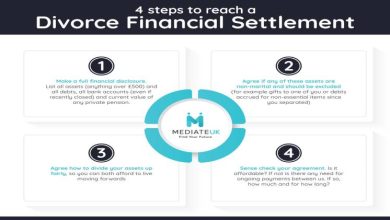Do Knee Problems Qualify For Disability Insurance Benefits?

Getting through life and even doing your daily chores can become challenging with pain in your knee. Even the simplest day-to-day tasks can seem like a big obstacle. Whether you are experiencing consistent discomfort while driving or walking or not being able to do these activities at all, you may be able to qualify for short or long-term disability insurance.
If you have pain in your knee that is making life difficult for you, consult with an attorney who can put up a strong fight and secure the benefits for you. The companies that offer disability insurance are not easy to deal with. Their employees are trained to trick claimants into saying something that can get twisted later. That is why it is recommended not to speak to the insurer unless you consult an attorney first.
Types of knee disabilities
There are a number of knee disabilities that qualify for short-term and long-term disability benefits. They may include the following:
- arthritis,
- amputation at the knee,
- chronic joint pain,
- requiring a prosthetic leg, walker, or another assistive device,
- limited range of motion in your knee.
There could be various reasons for your knee problem, but you can go through the Blue Book to determine if you qualify for the benefits.
If your disability is listed in the Blue Book, that is not where your struggle ends. In fact, that is where it begins. You will need to produce strong evidence of the dysfunction of your knee and proof of how it affects your life and earning potential. Essentially, you need to show that your condition prevents you from working a job.
How does the Social Security Administration determine whether you are truly disabled?
In order to get the benefits, you need to convince the Social Security Administration that you are indeed disabled and entitled to the benefits. The SSA uses the following five steps:
- If you are making more than $1,470 (2023) a month, you may not qualify for the benefits since this income is considered average.
- Your condition will only qualify for disability benefits when it is severe in nature. Moreover, your work must also be affected.
- The SSA checks whether your medical condition is listed in the Blue Book. More often than not, it is hard to find a listing that matches your condition. But if you find your condition listed there, you are gravely ill.
- The SSA will look at your work and determine whether you will be able to perform its functions.
- If the SSA finds out you cannot do what you used to, they might recommend you work in a different field.





